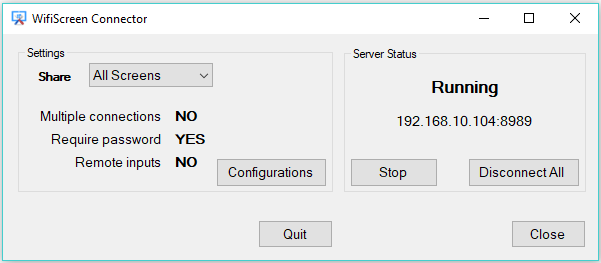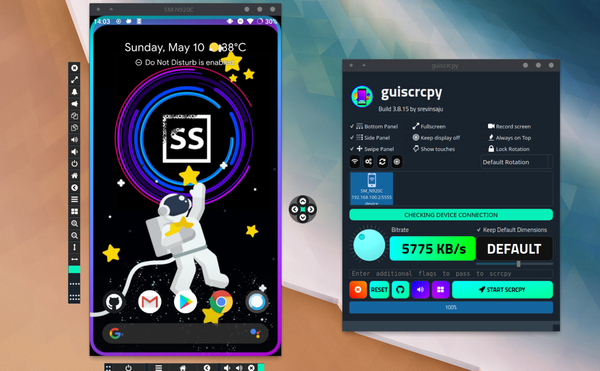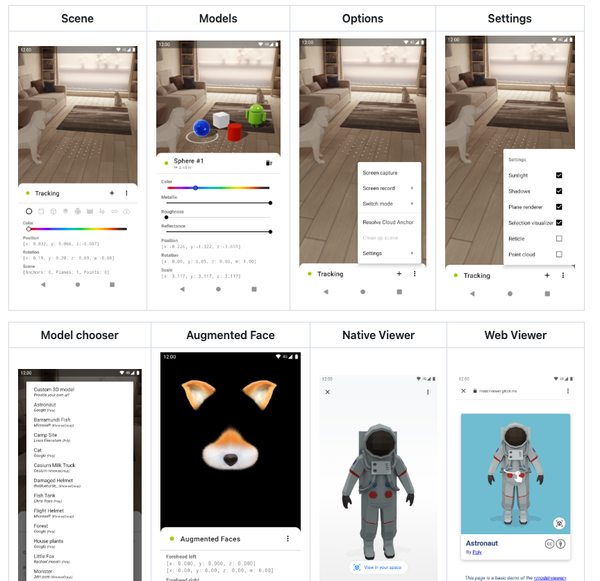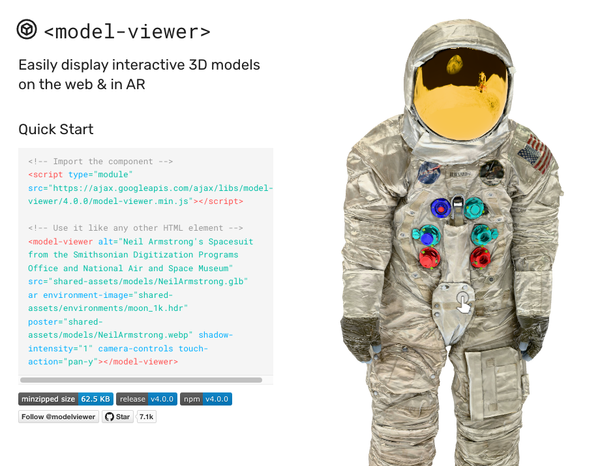G-Droid: An Alternative Android Store for Open Source apps
G-Droid: A Better Alternative Android Store based on F-Droid Repository
Table of Content
F-Droid is a free marketplace and application store for open-source apps. It contains numerous apps classified under several categories.
Many Android users have it on their devices, as it is the primary source for installing free, ads-free apps that do not contain any trackers, or share user's data with other services.
While F-Droid is a great app, it lacks many handful features, therefore, G-Droid comes in. G-Droid is based on the F-Droid application repository, so it has the same content, yet with different presentation and better search.
In the following section, you can find all of its features, which many are not included yet in the original F-Droid:
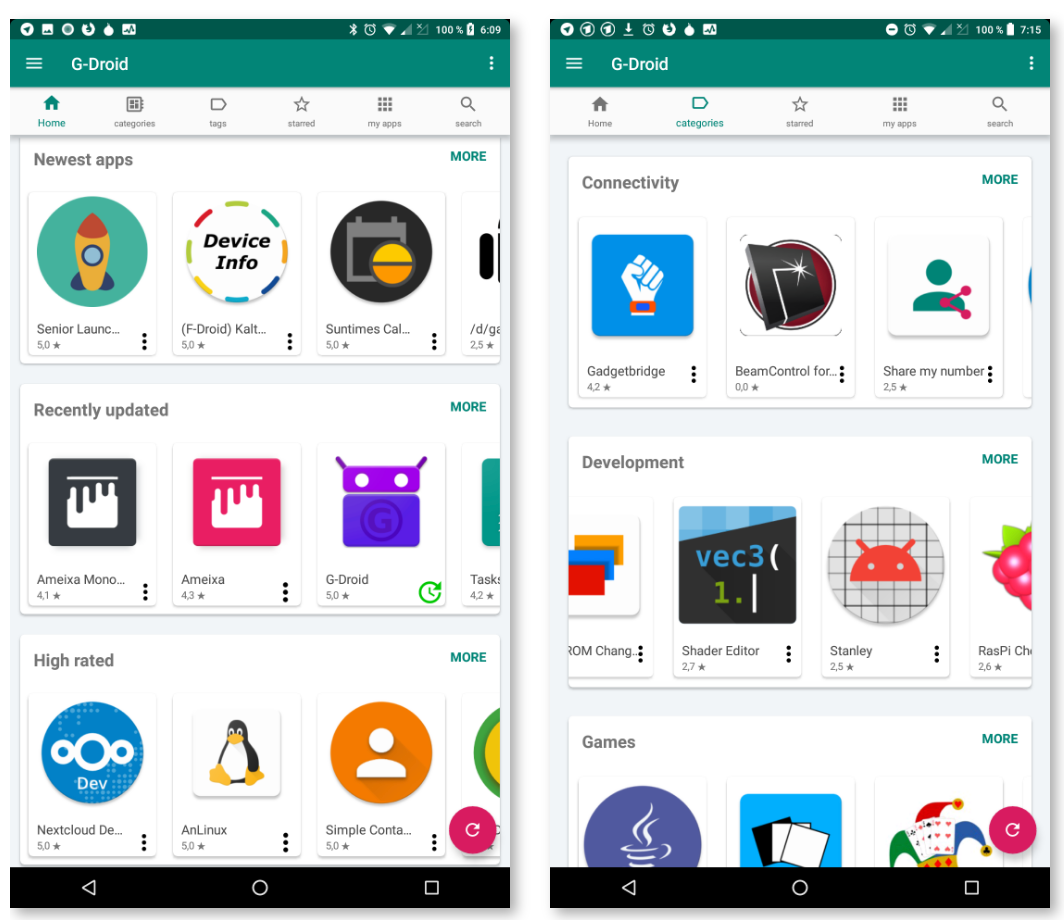
Features
- Shows reviews and comments for apps
- Star ratings of apps (up to 5 stars) - machine generated metrics
- Shows the star upstream star ratings (GitHub, GitLab, SourceForge)
- More metrics, based on Libre data (like average release cycle time) to generate star-ratings
- Users choose which metrics are important to them, so there is no 'best app' in the repo - there is only a 'best app' from the point of view of the current user
- Shows 'similar apps' and 'apps of the same category' when watching an app
- Shows 'apps of the same author' when watching an app
- Shows a list of all authors, with their apps and average star rating
- Shows website of the app - even if it is 'only a README file on GitHub'
- Shows newest apps and recently updated apps separated
- Shows cards in same size for better overview
- Provides a list-view as alternative for the cards (as in older F-Droid versions) for people who don't like cards
- More possibilities to order and sort apps
- Ability to 'star' apps to mark them
- Ability to hide apps to remove them from all views
- Shows categories in correct translation (if available), after changing device language
- Shows screenshots in correct translation
- Makes use of larger screens: More apps shown on tabletsTags to find apps for standard-tasks easily (e-mail clients, file browsers, text editors), since the F-Droid categories are too broad
- View for 'random apps' to discover apps you usually wouldn't find
- Shows apps the user might like (without stealing user data for analysis)
- Aims to provide many different views to the app repository in order to assist the user in finding suitable apps, and encourage use of more apps from the repository
- 'Share' apps, so it can still be opened with another store (F-Droid, Yalp, Aurora, …), to get more info about the app.
- Different search algorithm, can 'search harder' to continue a search if the results are insufficient
- Shows the logos of apps all the time (if network connection is okay)
- Shows more screenshots
- Shows screenshots, completely, up-to-date and in the correct language
- Shows screenshots, also when they are not in the fast lane structure
- New and modern easily maintained codebase
- Actively maintained
Why do you want to keep F-Droid?
F-Droid has a unique features that G-Droid yet does not have, in the following list a list of these features:
- Show or install an older version of an app
- Create a local repo, share apps with people 'nearby' or share apps via Bluetooth
- Add other repositories than the F-Droid repo
- Use the privileged extension (done, but extension is not adjusted yet), G-Droid can however use root permissions on rooted devices to provide unattended installs
- Automatic updates
- HTTP proxy settings
- G-Droid helps you in different ways to find better apps, but in some cases you might still need the 'share' button, to open that app in F-Droid to install it. G-Droid right now is not yet a complete replacement for the F-Droid app.
License
G-Droid is a free Libre open source solution (FLOSS) that is released under the GNU General Public License V3.0 or later.


